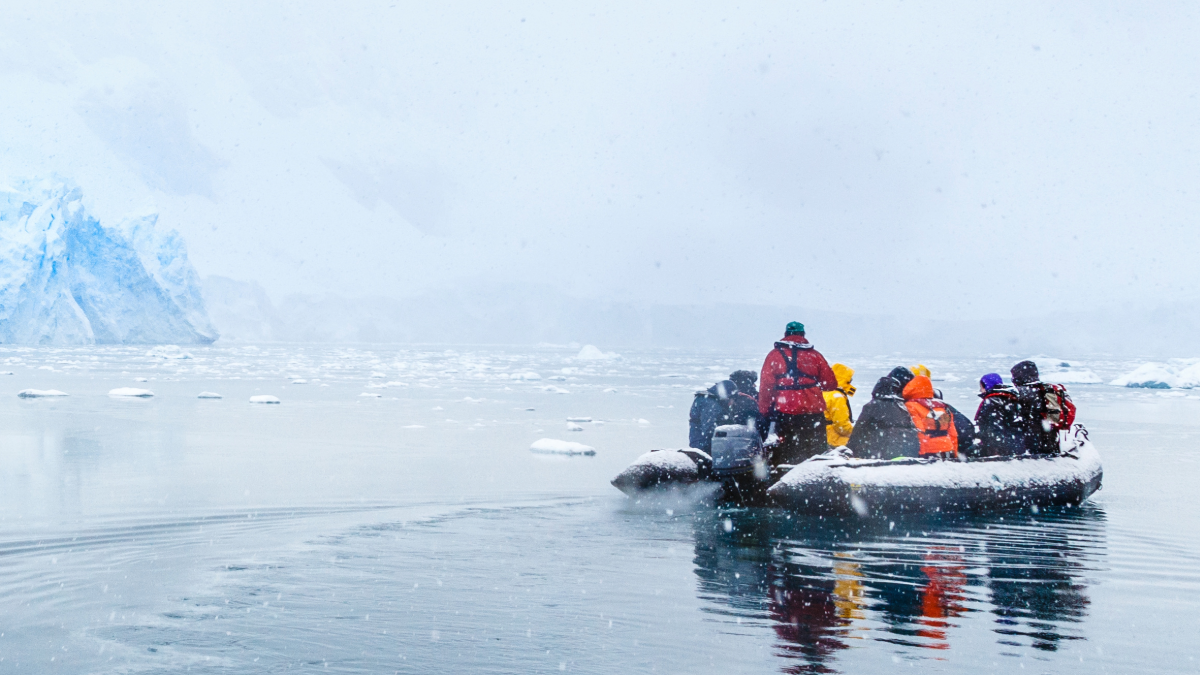Author: Jamie Contos
Impactful ocean science is never a solitary effort. From hands-on field research to analyzing data to communicating findings, ocean science requires many things – expertise, finesse, and, perhaps most importantly, a willingness to work with others. That’s why the Marine Environmental Observation, Prediction, and Response Network (MEOPAR) created a Community of Practice Fund to support groups of like-minded individuals across disciplines and regions to work together, share knowledge, and drive Canadian ocean research forward.
What is a Community of Practice?
Communities of Practice (CoPs) bring together groups of people with shared passions and expertise. These communities offer their members support, learning opportunities, knowledge sharing and new collaborative opportunities.
In ocean science, CoPs are particularly impactful because of the wide range of topics, questions, and challenges that the industry is working to address. From researchers, to students, to government personnel, to industry professionals, and Indigenous Groups, CoPs offer the perfect opportunity to break down silos and cultivate an environment where everyone can contribute to ocean research and solutions.
If you are a member of an existing Community of Practice or are looking into establishing one, stay tuned for a new funding call for applications coming in the summer of 2025.
In its most recent funding call, MEOPAR awarded funding to six Communities of Practice. Here’s a look at the recipients and the diverse and innovative ways they’re contributing to MEOPAR’s vision of a coordinated approach to Canadian ocean science:
Recipient 1 – Canadian Marine Shipping Risk Forum (CMSRF)
With global shipping on the rise, a platform to network and share knowledge about shipping risk is more important than ever. The CMSRF is a CoP open to people and organizations working in shipping or conducting research on shipping risk. CMSRF’s activities revolve around shipping movement data, shipping traffic modelling and shipping risk quantification and assessment.
Recipient 2 – Canadian Ocean Mapping Research & Education Network (COMREN)
Mapping the ocean floor, coastlines, and collecting other marine data is essential for many things – from border security, to community resilience, to biodiversity protection. Working to form a foundation for marine and freshwater-related mapping in Canada. COMREN aims to provide an improved structure and sharing capabilities in terms of research interest and academic activities in ocean mapping as well as Indigenous data sovereignty and local decision-making.
Recipient 3 – Coast and Ocean Risk Communication (CORC)
As coastal communities face more frequent and severe hazards, from storm surges to sea level rise, the need for clear, effective risk communication has never been greater. The CORC CoP empowers people to collaborate on building best practices for how we talk about coast and ocean hazards such as marine pollution, extreme weather events, tsunamis and earthquakes, sea level change, coastal flooding, coastal erosion, storm surge, sea-ice change, or others.
Recipient 4 – Canadian NEMO Ocean Modelling Forum (NEMO)
This CoP enhances the accuracy and accessibility of ocean models that directly support federal initiatives such as the Blue Economy Strategy, Oceans Protection Plan, and Climate Science 2050. Uniting the academic community, federal government scientists, and other groups, the Canadian Nucleus for European Modelling of the Ocean (NEMO) Forum enhances collaboration, improves information sharing, and increases opportunities for its members through capacity building, particularly for early career ocean practitioners.
Recipient 5 – Network on Coastal, Ocean and Lake Optic Remote Sensing (NetCOLOR)
Water colour tells a story, from algal blooms to chemical levels, and NetCOLOR is equipped to tell that story. With a mission to lower technical barriers through making satellite data and cloud-based tools more accessible to users with limited resources, this CoP fosters collaboration among researchers and others in the aquatic remote sensing field. NetCOLOR works to create a unified center of expertise through the development of a national strategy for research, training, and dissemination of water colour products.
Recipient 6 – Ocean Acidification (OA)
With the goal of creating a collaborative and supportive environment for groups affected by ocean acidification, the OA CoP works to identify pressing needs for ocean acidification research and knowledge. OA strives to connect and coordinate across all sectors, disciplines, and regions to share expertise, data, and resources, including public-facing educational materials that support informed decision-making.
Whether you’re a member of an existing Community of Practice or have a great idea for a new community, the MEOPAR CoPF is here to support your work.
We’re looking to support innovative CoPs that are driven by collaboration in pursuit of ocean research and knowledge sharing. We welcome applications that reflect the diversity of Canada’s ocean-connected communities, including those led by or engaging equity-deserving groups, Indigenous organizations, and grassroots collaborations, such as coastal communities or non-profit organizations, formed around shared interests.
If this sounds like you, consider applying during the next call for applications coming Summer 2025.



